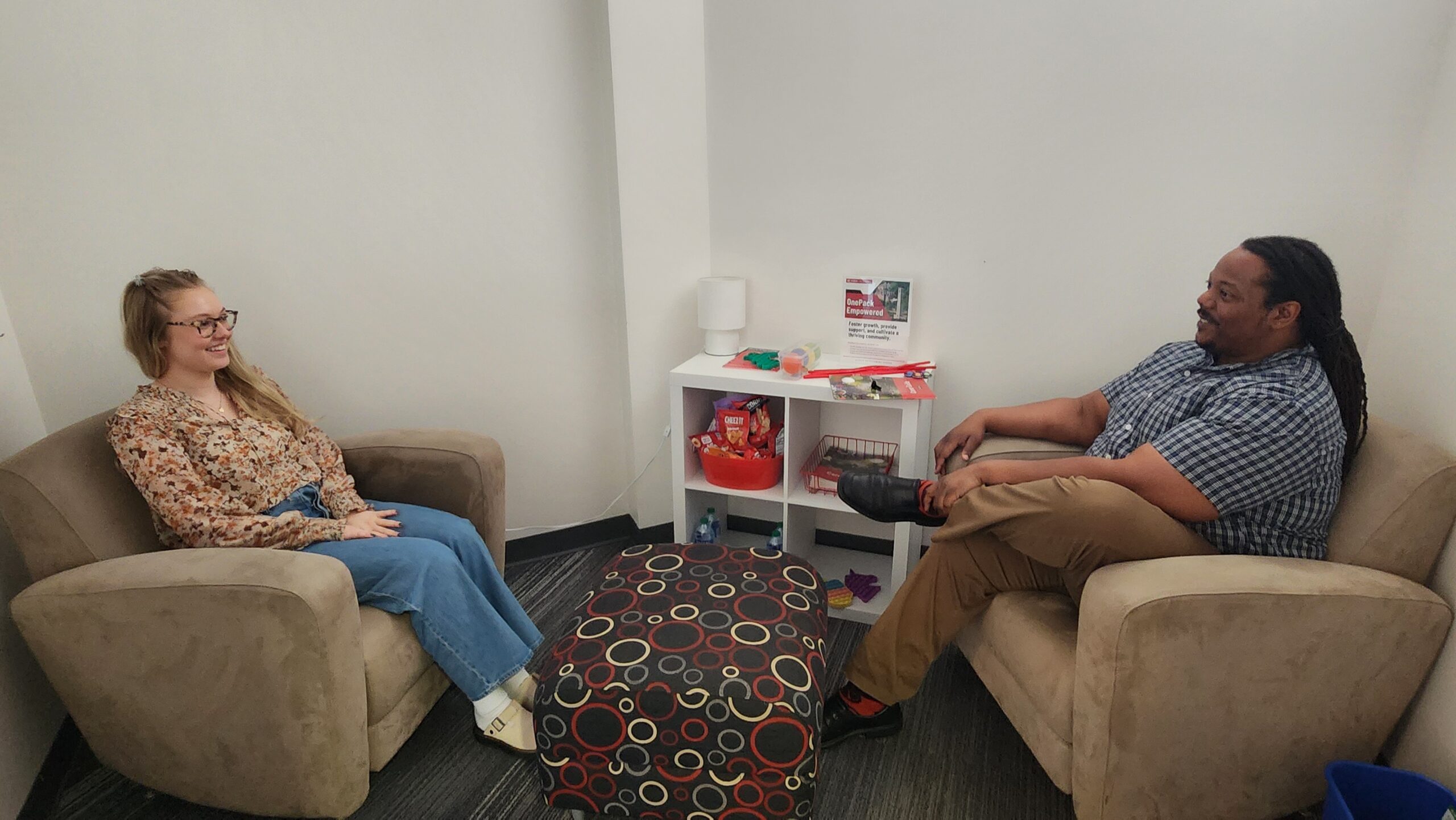2020 Southeastern Regional Cooperative Education Conference
UPDATE: Due to COVID-19 SERCEC has been cancelled. Please stay tuned for additional details.
NC State University looks forward to hosting SERCEC in 2021. Please stay tuned for additional details. SERCEC gives experiential education practitioners and employers an opportunity to share information that will enhance the services we provide in our field. As dedicated practitioners, we feel strongly that co-op remains relevant and vital to student success. This year’s conference theme is Co-op: Still Delivering on the Promise. Through interactive breakout sessions, round table discussions, and speed sessions, attendees will be able to expand their knowledge and learn from practitioners in the field. We hope to see you in Raleigh this summer!
How the Idea Formed The meeting now known as the Southeastern Regional Cooperative Education Conference (SERCEC) began with a discussion between John Cain of Auburn University, Ed Finnell of the University of Alabama, Bill Wheeler of Southern Bell/Birmingham, and Jim Wohlford of Georgia Tech, while attending the 1965 Mid-Winter Cooperative Education Division (CED) meeting at the University of Cincinnati. They were concerned that few if any Southern employers attended national co-op conferences and that most of those who did represented a corporate headquarters or other unit removed from actual participation in co-op selection and supervision.
The Early Years Through Wheeler’s influence, Southern Bell hosted a planning session for an informal conference targeted at co-op employers of the South, and supplied the start-up financing for the first meeting, which was held in Birmingham. The response was so positive that a second meeting, sponsored by Georgia Tech and Auburn, was held at Callaway Gardens, Georgia, the following year. The charter group thought that the second year would probably be the last that employers would wish to have for some time. Within two or three weeks of the Callaway Gardens meeting, however, Bill Wheeler was back in touch, responding to prompts from other employers, with the plea – keep it going!
Informality is Treasured According to Jim Wohlford, when it became obvious that the conference would continue, an early criticism was that the lack of permanent structure would encourage “someone to take over.” Rather than that happening, the informality was treasured and regarded as a unique attraction of SERCEC. Those who would never have committed themselves to membership in an additional professional organization attended the SERCEC either regularly or as it rotated into their geographic area, often choosing it in preference to the less personalized national conferences of formal organizations.
The Importance of Employer Involvement The original emphasis on employer concerns underwent a considerable revision with the expansion of co-op programs in institutions via federal funding. Schools just entering the co-op endeavor soon found that SERCEC was a prime place to meet employers. However, it is good not to lose sight of the original purpose and need: to give representatives of employing facilities an opportunity to get together and share mutual problems and insights, as well as to meet with their academic counterparts. This must be remembered since it is often the representative of employing facilities who tends not to participate regularly in national co-op organizations, and who often feel somewhat inundated by the mound of specifically institutional concerns when they do attend.
Maintaining the Unique Nature of SERCEC In 1986, a need was recognized to provide guidelines for passing along the dual responsibilities of hosting and financing future SERCECs. The number of potential sponsors has increased significantly, and hosting is no longer just an obligation assumed in turn by various schools but often is an honor to a particular state or organization. Pre-conference activities and responsibilities have multiplied as organizations and conferences in general have become more complex. There exists, however, a strong commitment by many traditional attendees to retain the original character of the early conferences by remaining free of permanent executive structure of “membership” activities in the usual sense.
- Categories:


